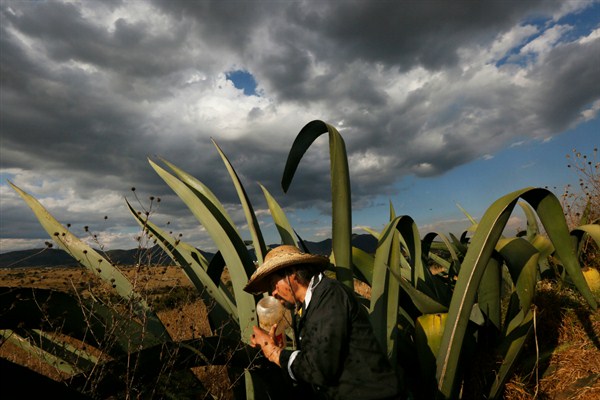In late April, the European Union and Mexico announced the successful conclusion of negotiations to update their current trade agreement. The new framework, which still must be formally ratified and signed, will expand the range of products exempted from tariffs. It represents the latest effort by both sides to diversify their free trade arrangements against the backdrop of rising American protectionism under President Donald Trump. In an email interview, Sean Goforth, a contributing analyst at the geostrategic consulting firm Wikistrat, discusses how the new deal will affect EU-Mexico trade, opportunities and obstacles for expanding commercial ties, and the implications of both Donald Trump’s protectionism and Mexico’s upcoming presidential election for EU-Mexico trade.
World Politics Review: What is the current state of EU-Mexico trade, in terms of volume and major sectors, and what is the recent modification of their trade agreement meant to address?
Sean Goforth: Last year total trade between the two parties eclipsed 60 billion euros. In recent years the EU has been Mexico’s third-largest trade partner, after the U.S. and China. Mexico, on the other hand, comes in well behind Brazil and a dozen other countries in terms of its volume of EU trade: Just over 1 percent of EU trade takes place with Mexico.

